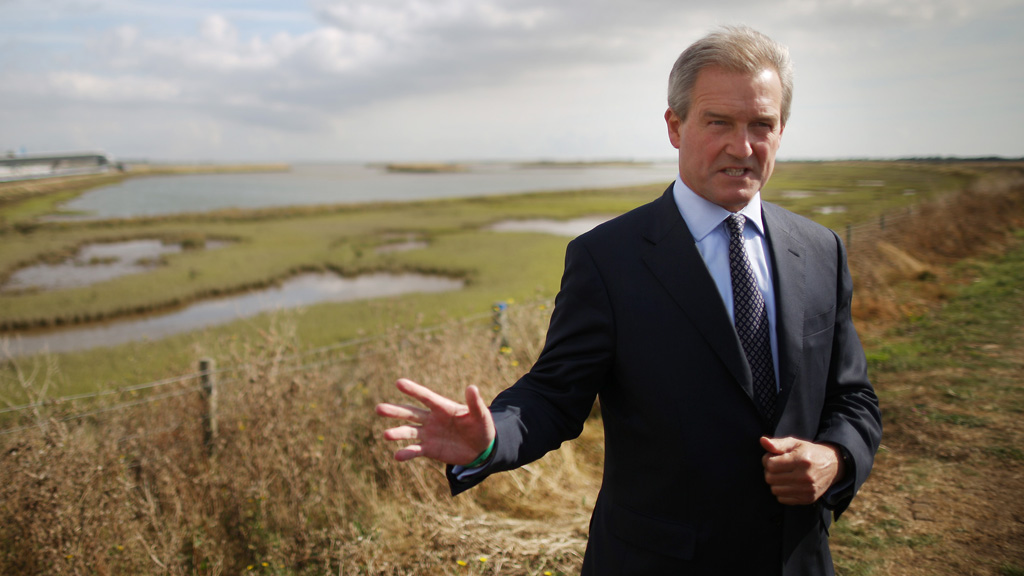Horsemeat found in Tesco spaghetti meals
Tesco confirms horsemeat has been detected in its everyday value spaghetti bolognese, which was withdrawn last week.
The ready meal was made by Comigel, Tesco said, which also supplied horsemeat to Findus.
Tesco announced it was becoming the latest retailer and manufacturer to drop the beleaguered firm in the wake of the contamination.
Tim Smith, Tesco’s group technical director, said: “A week ago Tesco withdrew a frozen everyday value spaghetti bolognese product from sale.
“We did this as a precaution because Findus products from the same factory were reportedly at risk of containing horsemeat.
“Since then, we have carried out a number of tests on the product and those tests identified the presence of horse DNA.
‘Significant’ levels of horse DNA
“Of the positive results, most are at a trace level of less than 1 per cent, but three showed significant levels of horse DNA, exceeding 60 per cent.
“We have carried out further tests to ensure that there is no danger to health through the presence of potentially harmful bute. The test for bute was clear.
“The frozen everyday value spaghetti bolognese should contain only Irish beef from our approved suppliers.
“The source of the horsemeat is still under investigation by the relevant authorities. The level of contamination suggests that Comigel was not following the appropriate production process for our Tesco product and we will not take food from their facility again.
“We are very sorry that we have let customers down.”
It follows the discovery last week of horsemeat in Findus meals.
Romanian denials
It is understood that the start of the supply chain that led to horsemeat being found in Findus lasagnes is abattoirs in Romania. From there, it is understood the meat was sold to French meat processing firm Spanghero.
From Spanghero, the processed meat was transferred to Findus’s French supplier Comigel, and then on to Findus. Spanghero has said it bought meat labelled as beef from a Romanian company.
But the Romanian prime minister has denied the allegations.
Victor Ponta said checks had been carried out and there had been no breach of rules and standards. Mr Ponta expressed anger that his country had been blamed.
“From all the data we have at the moment, there is no breach of European rules committed by companies from Romania or on Romanian territory,” he told a news conference.
“I am very angry, to be honest.”

Environment Secretary Owen Paterson said no case for criminal action has been discovered in the UK yet but the FSA said it was “working closely” with police in case that changes.
‘Systemic adulteration’
However, Mary Creagh, Labour’s shadow environment secretary, has said she has received information about UK companies potentially involved in the illegal horsemeat trade.
In a letter to Mr Paterson, Ms Creagh said: “It seems unlikely that this level of adulteration could have been accidental. It could be the result of systemic adulteration.
“I have been given information about British companies who may potentially be involved in the illegal horsemeat trade. I am keen to share this information with the police to ensure that a full investigation can be made into any criminal activity, and so I have copied SOCA into this letter.
“I hope that this information will enable the police to act speedily to stamp out these criminals who are putting the future of British food at risk.”